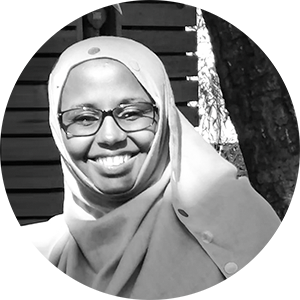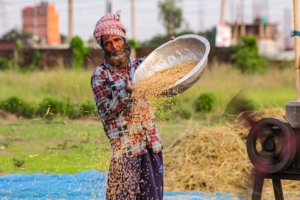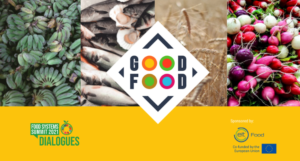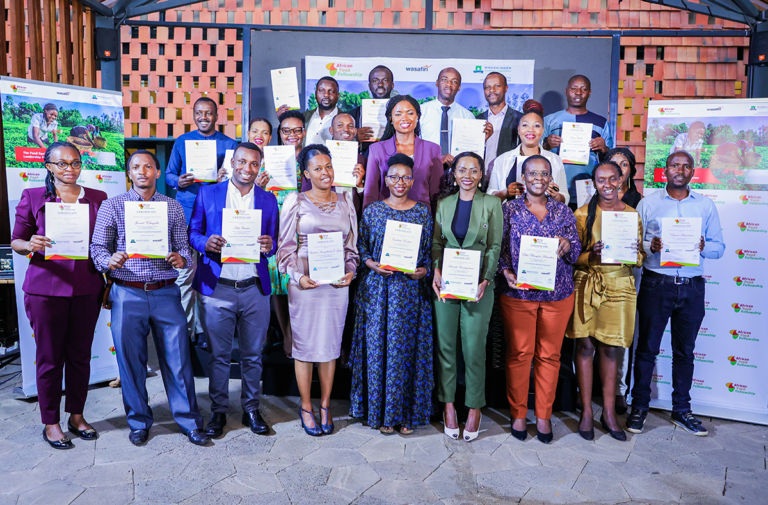We are looking for a Graphic Designer
We are looking for a Graphic Designer
Stella Odhiambo
Latest posts
Share:
Wasafiri is excited to announce an opportunity for a skilled and creative graphic designer to join us. If you have a passion for visual storytelling, an eye for aesthetics, and the ability to bring ideas to life through stunning designs, we want to hear from you.
Don’t miss the chance to showcase your talent and make a meaningful impact.
How to apply
- Please include a CV that is not longer than 3 pages.
- Clearly indicate the role title “Graphic Designer” in the email subject.
- Please include a short cover letter that summarises the following:
- Your motivation for applying to Wasafiri
- Your technical expertise and qualifications
- Samples of your work
- 3 professional references
- Please note:
- We will not accept submissions without a CV and cover letter.
- We will not accept CVs longer than 3 pages.
Application process
- Closing date for applications: 21st May 2023
- Please submit your cover letter and CV to opportunities@wasafirihub.com




 Born and raised in Mombasa, Kenya, Aisha has fond memories of her childhood. Her closest sibling describes her as responsible, empathetic, and dependable.
Born and raised in Mombasa, Kenya, Aisha has fond memories of her childhood. Her closest sibling describes her as responsible, empathetic, and dependable.


 With a wealth of experience in international trade and sustainable development across Africa, Brenda Mareri brings a deep passion for food systems transformation, a rich network, and skills in helping countries build health and nutrition businesses.
With a wealth of experience in international trade and sustainable development across Africa, Brenda Mareri brings a deep passion for food systems transformation, a rich network, and skills in helping countries build health and nutrition businesses.
